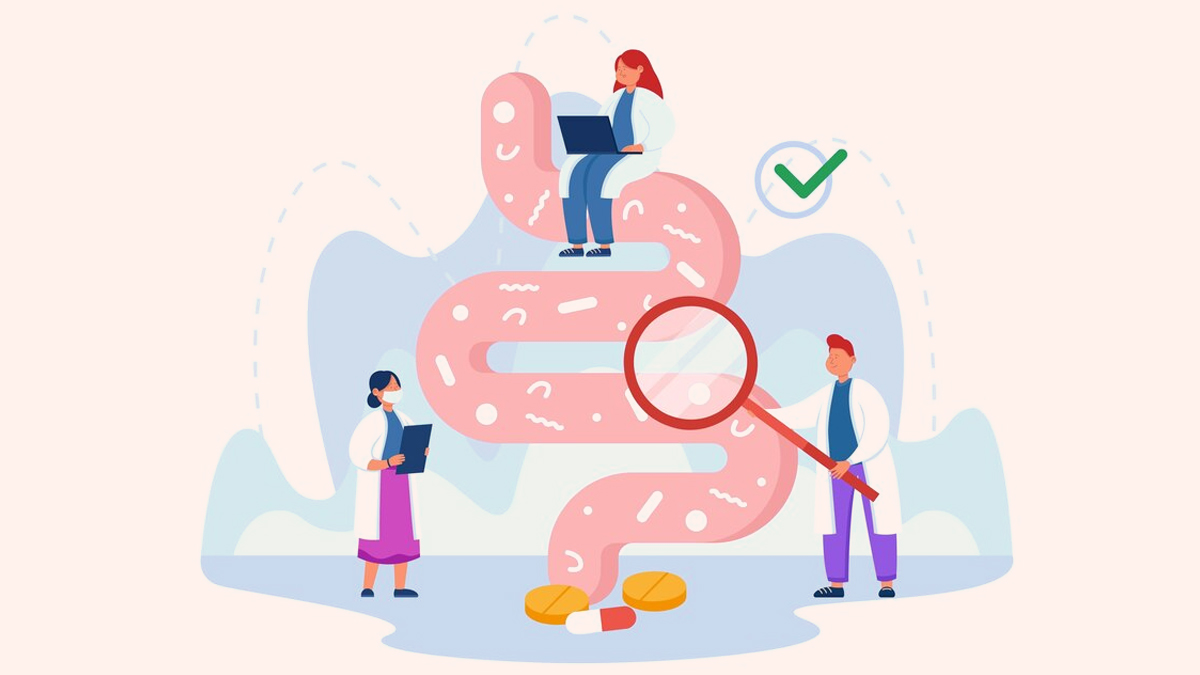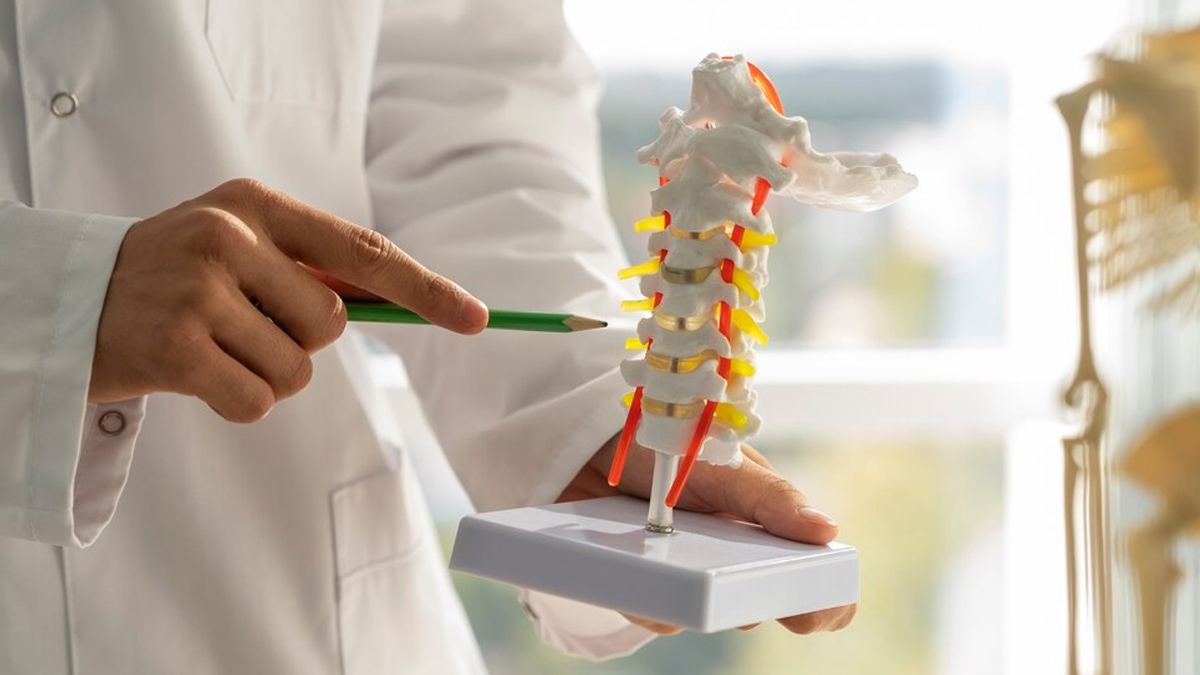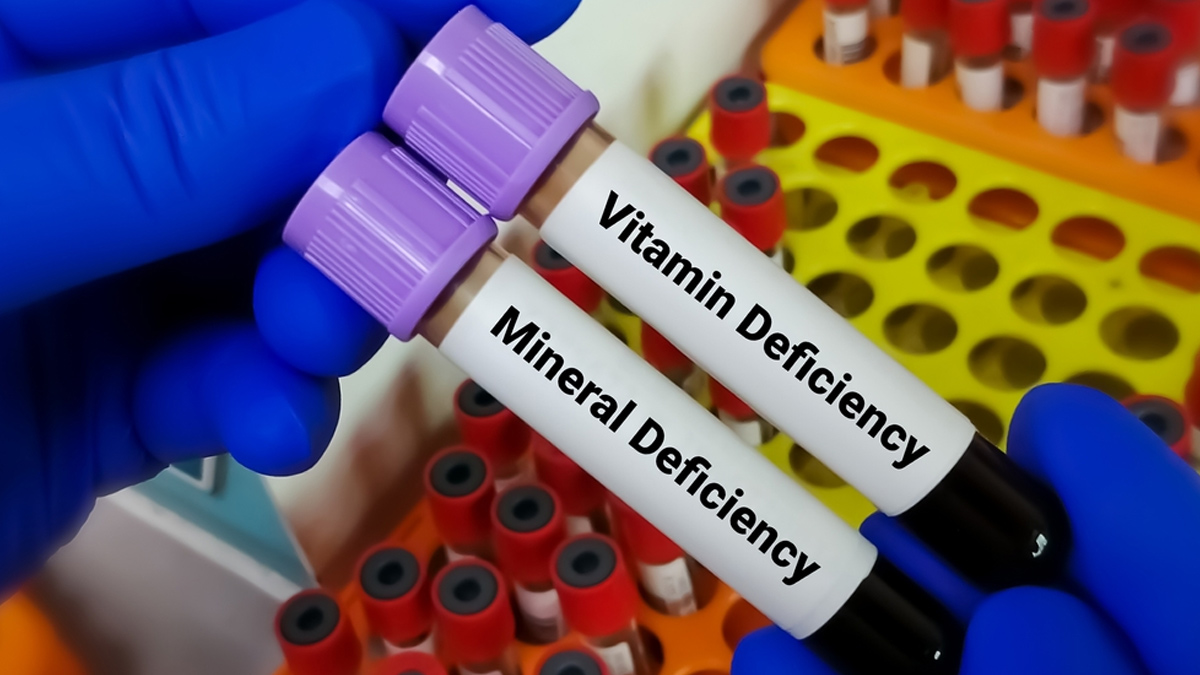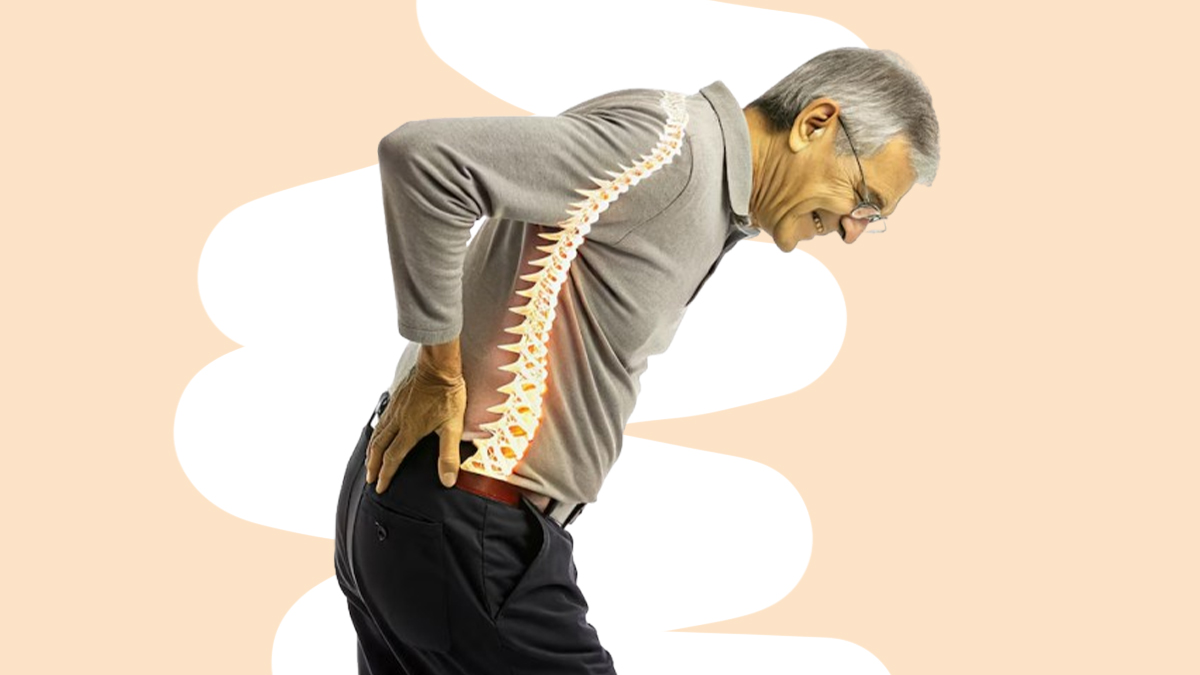
Have you ever wondered why, in addition to digestive discomfort, Crohn’s Disease sometimes leads to persistent back pain? If you’re living with Crohn’s, you might be familiar with the abdominal pain and gut-related issues that come with it. But what if the inflammation affecting your digestive system also causes discomfort in your spine and joints? This connection between Crohn’s Disease and back pain is something that’s often overlooked, yet it’s becoming more recognised.
Table of Content:-
We spoke to Dr Kiran Shinde, Consultant, Gastroenterologist, Sahyadri Super Speciality Hospital, Hadapsar, Pune, who explained how Crohn’s can extend its impact beyond the gut, leading to back pain, and why understanding this link is essential for better managing both your digestive and musculoskeletal health.

“Crohn's Disease is primarily a chronic inflammatory condition of the Gastrointestinal (GI) tract. However, it is well known that inflammation in Crohn's Disease can extend beyond the intestines, affecting other systems in the body. This extra-intestinal involvement often includes joint and back pain, especially in cases with long-standing or severe inflammation,” said Dr Shinde.
According to StatPearls, Crohn's disease is a type of Inflammatory Bowel Disease (IBD), similar to ulcerative colitis, but it often develops more gradually. It is an immune-mediated condition that causes inflammation throughout the entire thickness of the bowel wall. “This inflammation can extend beyond the intestines, affecting other systems in the body. This extra-intestinal involvement often includes joint and back pain, especially in cases with long-standing or severe inflammation,” said Dr Shinde.
Also Read: Crohn’s Disease: Know About Its Complexity, Symptoms And Diagnosis
Axial Arthritis and Spondyloarthritis in Crohn’s Patients

“Up to 25% of Crohn's patients experience joint pain due to an associated condition known as spondyloarthritis. This type of arthritis affects the spine and the sacroiliac joints, where the lower spine and pelvis meet, leading to back pain symptoms,” said Dr Shinde. This condition is more common in individuals with IBD like Crohn's and can cause chronic pain, stiffness, and reduced mobility in the lower back and pelvic areas.
Role of Immune Dysregulation
The immune dysregulation that characterises Crohn’s Disease affects various body tissues, including those in the spine. This immune response can lead to inflammation in the joints, muscles, and soft tissues around the spine, further contributing to back pain.
Vitamin and Mineral Deficiencies

Patients with Crohn's Disease often have nutrient malabsorption issues, particularly with Vitamin D, calcium, and B vitamins. Vitamin D deficiency, for example, can weaken bones and contribute to musculoskeletal pain, including back pain. Similarly, a lack of calcium can lead to bone density issues, increasing the risk of fractures and chronic pain.
Also Read: Coping With Crohn's Flares: Expert Guidance And Treatment Strategies
Treatment-Related Factors

Some medications used to manage Crohn's, particularly steroids, can contribute to bone loss over time, leading to osteoporosis or osteopenia, which increases the risk of back pain due to spinal fractures or musculoskeletal weakness. “Anti-TNF agents, commonly used for Crohn's, have been effective in controlling both gut symptoms and associated axial arthritis symptoms, highlighting their role in reducing back pain in affected patients,” explained Dr Shinde.
Postural and Lifestyle Factors
Living with Crohn's Disease can also indirectly affect posture, physical activity levels, and stress, all of which can contribute to back pain. Chronic pain and fatigue may lead patients to adopt sedentary lifestyles, weakening core muscles, leading to poor posture and increased back pain over time.
Diagnosing and Managing Back Pain in Crohn’s Patients
Managing back pain in Crohn’s Disease patients requires an interdisciplinary approach involving rheumatologists, physical therapists, and dietitians.
“Diagnostic imaging, such as MRI or X-rays, can help assess the extent of spinal involvement. Anti-inflammatory medications, physical therapy, and lifestyle modifications like targeted exercises are often recommended to address both Crohn's symptoms and back pain effectively,” concluded Dr Shinde.
[Disclaimer: This article contains information provided by an expert and is for informational purposes only. Hence, we advise you to consult your professional if you are dealing with any health issues to avoid complications.]
How we keep this article up to date:
We work with experts and keep a close eye on the latest in health and wellness. Whenever there is a new research or helpful information, we update our articles with accurate and useful advice.
Current Version